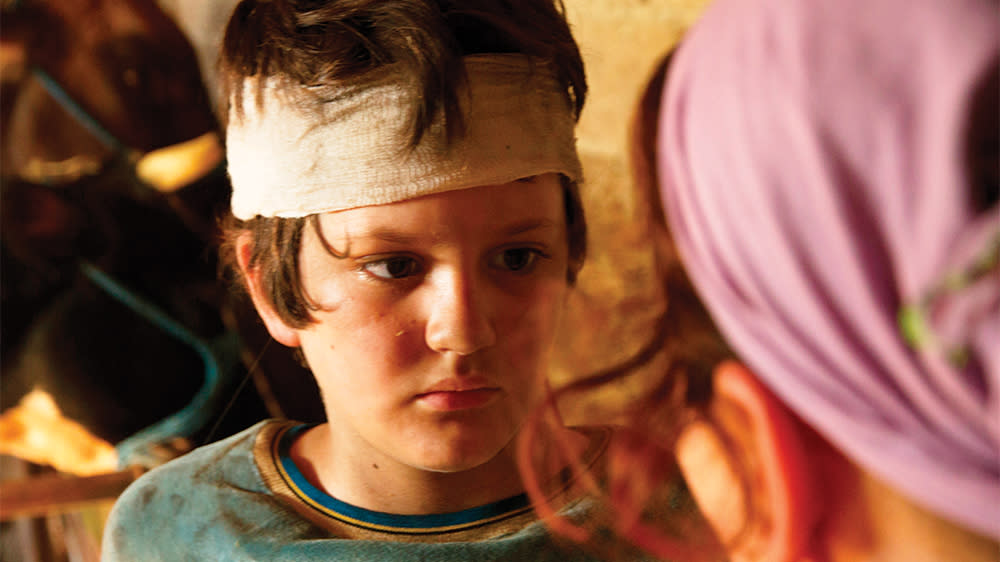International Director You Should Know: Visar Morina

The director behind Kosovo’s second-ever entry in the foreign-language Oscar race is himself a debutant.
Germany-based, Kosovo-born writer-helmer Visar Morina’s feature bow, “Babai,” burst onto the scene at the Munich Film Festival in July, winning three times at the fest’s German Cinema New Talent Awards — for director, script and actor — the last prize shared by Astrit Kabashi and Val Maloku, who play the father and son in the film. A week later, Morina won the director prize at the Karlovy Vary Film Festival.
“Babai,” which means “father,” tells the story of 10-year-old Nori, who lives in pre-war Kosovo. His father, Gezim, is the center of his world. When Gezim leaves one day without warning to look for work in Germany, Nori sets out to find him.
Born in Kosovo in 1979, Morina moved to Germany with his family when he was 15. He started working on the script for “Babai” in 2007, with funding from Film und Media Stiftung NRW in Germany. Heading to Kosovo to write, he stayed almost six months. Through a former tutor, he met up with his producer, Nicole Gerhards of Berlin’s Niko Film.
The movie is Kosovo’s most expensive, at $2 million, and the first round of production funding came from the Kosovo Film Centre, with additional backing from Macedonia, France’s CNC and Germany’s FFA, among others.
Though Morina was a refugee himself, he doesn’t want the film to become part of the debate around the European immigration crisis. “I don’t want to get into all that,” he says. The writer-director’s initial idea for the movie was to evoke the fear that pervaded Kosovo in the period between the fall of communism in Yugoslavia and the outbreak of war with Serbia. Everyone was “scared to death” of the police, he says.
But Morina decided to show things like violence and state suppression indirectly. In one scene in “Babai,” a policeman whistles to a car to stop, but looks away while the driver waits. The driver moves off, and the policeman whistles again for him to stop. In another, a trafficker in humans throws Nori out of a boat so the coast guard is forced to rescue him, giving the trafficker time to escape. Yet the trafficker is not portrayed as evil. “It is just part of his job,” Morina says. “Like a waiter bringing you a coffee.”
As Morina repeatedly rewrote the script, the focus of the story shifted onto the relationship between the son and his father, told from the boy’s point of view. “In the end, it turned out that it was much more about trust,” he says. “The boy’s conflict with the father is something everyone can relate to.”
Related stories
Oscars: Kosovo Sends 'Babai' as Foreign-Language Entry
Locarno Film Review: 'Der Nachtmahr'
Get more from Variety and Variety411: Follow us on Twitter, Facebook, Newsletter
